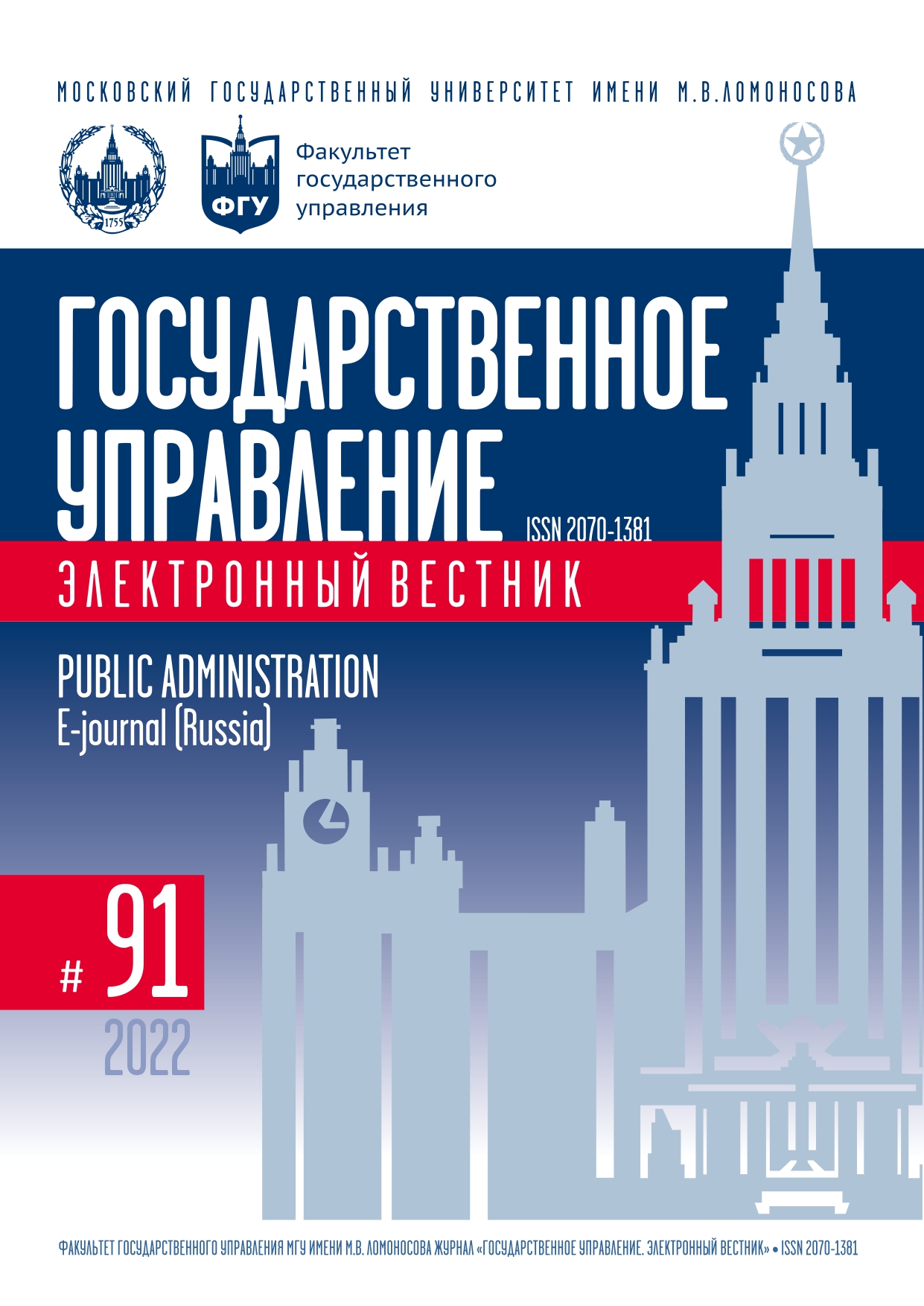Modern Pension Systems at the Stage of Transformation
Keywords:
Social policy, pension reforms, human potential, employment of older workers, financial stability of pension system, additional collective pension insurance, automatic adjustmentAbstract
The article discusses the main directions of reforming pension systems in foreign countries, which will be combined into several blocks. Firstly, these are measures which increase employment and prolong the working life of older age groups, including soft incentive measures. Noticeable progress has been made in this area: the average effective age of retirement of persons aged 55 and older has significantly increased, but the task of maintaining a reasonable ratio between the duration of the period of earnings rights to a pension and the duration of the period of its receipt still does not lose its relevance. Secondly, the use of a wide arsenal of tools to improve the ratio of pensions and previously received employee income from employment, including improving the mechanisms for calculating and indexing pensions, the use of funded defined contributions and notionally defined contributions programs, inclusion in insurance systems of special categories of workers, support for the development of additional professional insurance. Solidary pay-as-you-go systems and funded systems are being complemented by alternative structures: noninsurance and insurance elements with mandatory, quasi-mandatory and voluntary participation of employees and employers. The third direction concerns solving the traditional task of pension provision — reducing the level of income poverty and material excess among older citizens. And finally, the fourth block includes the issues of expanding sources of pension funding and maintaining the financial stability of existing systems. Special attention is paid to the issues of automatic adjustment of pension systems parameters and indicators used for this. These mechanisms are considered as the most important modern innovations aimed at increasing equity from an intergenerational perspective, but like discrete reforms, these adjustments are mainly aimed at improving financial stability by reducing income guarantees for current and future pensioners and, as practice shows, with a sharp or permanent reduction in the real size of pensions or changes in the social-economic situation, they are suspended or canceled.
References
Borsch-Supan A., Coile C. Social Security Programs and Retirement around the World: Reforms and Retirement Incentives — Introduction and Summary // NBER Working Paper № 25280. 2018. URL: https://www.nber.org/papers/w25280.pdf
Boulhol H. Objectives and Challenges in the Implementation of a Universal Pension System in France // OECD Economics Department Working Papers № 1553. 2019. DOI: https://doi.org/10.1787/5a476f15-en
Buchholtz S., Chłoń-Domińczak A., Gora M. The Polish NDC Scheme: Success in the Face of Adversity // Progress and Challenges of NonfinancialDefined Contribution Pension Schemes: Volume 1. Addressing Marginalization, Polarization, and the Labor Market / ed. by R. Holzmann, E. Palmer, R. Palacios, S. Sacchi. Washington: World Bank, 2020. P. 91–117.
Coile C., Milligan K.S., Wise D.A. Social Security Programs and Retirement around the
World: Working Longer — Introduction and Summary // NBER Working Paper № 24584. 2018. URL: https://www.nber.org/papers/w24584.pdf
Ermolieva E., Shestakova E. En búsqueda de un modelo adecuado de pensiones: el caso de España // Iberoamerica. 2020. № 2. P. 140–160. DOI: 10.37656/s20768400-2020-2-07
Fonejien A., Kangur A., Martinez S.-R. Pension Reforms in Europa. How Far Have We Come and Gone? // IMF Department Paper № 2021/016. 2021. URL: https://www.imf.org/en/Publications/DepartmentalPapers-Policy Papers/Issues/2021/09/10/Pension-Reforms-in-Europe-464651
Geppert Ch., Guillemette Y., Morgavi H., Turnes D. Labour Supply of Older People in Advanced Economies: The Impact of Changes to Statutory Retirement Ages // OECD Economic Department Working Paper. № 1554. 2019. DOI: https://doi.org/10.1787/18151973
Myant M. The Economic and Social Consequences of COVID-19. // Social Policy in the European Union: State of Play 2020. Facing Pandemic / ed. by B. Vanhercke, S. Spasova, B. Fronteddes. Brussels: Etui, 2021. P. 53–69.
Ortiz I., Duran-Valverde F., Urban S., Wodsak V., Yu Z. Reversing Pension Privatization: Rebuilding Public Pension Systems in Eastern European and Latin American Countries (2000–2018) // ESS Working Paper № 63. 2018. URL: https://www.ilo.org/wcmsp5/groups/public/---ed_protect/---soc_sec/documents/publication/wcms_648574.pdf
Polakowski M., Hagemejer K. Reversing Pension Privatization: The Case of Polish Pension Reform and Re-Reforms // ESS Working Paper № 68. 2018. URL: http://www.ilo.org/wcmsp5/groups/public/---ed_protect/---soc_sec/documents/publication/wcms_648632.pdf
Szikra D. Reversing Privatization and Re-Nationalizing Pensions in Hungary // ESS Working Paper № 66. 2018. URL: https://www.ilo.org/wcmsp5/groups/public/---ed_protect/---soc_sec/documents/ publication/wcms_648634.pdf

